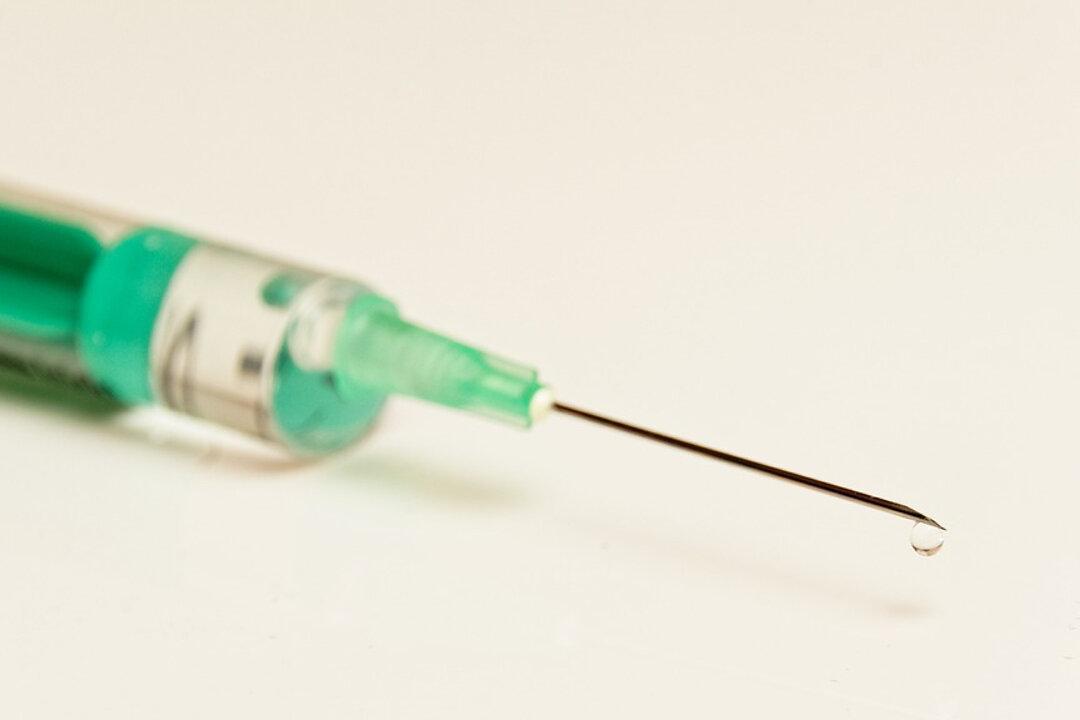Yale scientists are working on a treatment for skin cancer that could potentially replace surgery by injecting nanoparticles that attach to tumor cells, killing them via a two-pronged attack.
“For a lot of patients, treating skin cancer is much more involved than it would be if there was a way to effectively treat them with a simple procedure like an injection,” said Dr. Michael Girardi, senior author of the study and vice-chair of dermatology at Yale Medical School. “That’s always been a holy grail in dermatology—to find a simpler way to treat skin cancers such as basal cell carcinoma and squamous cell carcinoma.”




